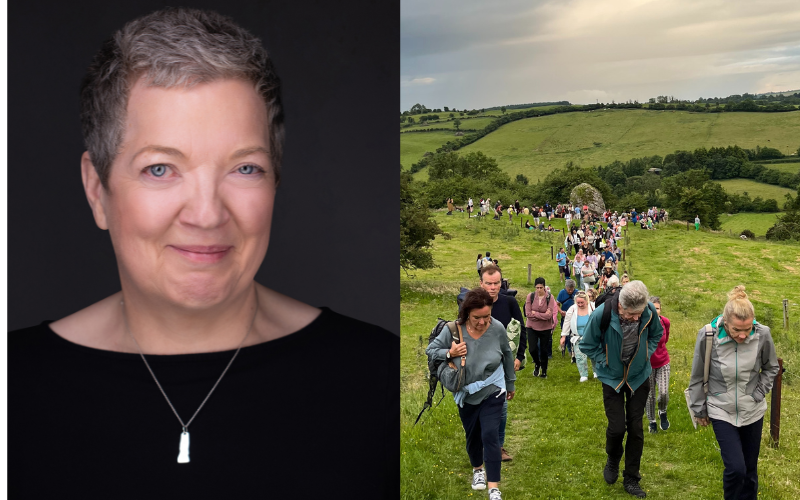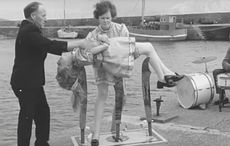THE first thing you need to know about Cassandra's Dream, the new film by legendary writer/director Woody Allen which opens this Friday, is that Irish actor Colin Farrell is a first rate actor. He does very well with an underwritten role because his talent is considerable, but he's consistently let down by a one-dimensional character and a curiously stilted script.
In recent years Farrell has been opting for parts that have not always played to his strengths as an actor. Miami Vice was unspeakable, The New World vanished without a trace, and even the historically accurate Alexander was capsized by directorial overreaching and some notable casting howlers.
But the thing is that - given the right script - Farrell is easily one of the greatest film actors of his generation. Although his good looks are self-evident, he also possesses an almost painfully sensitive face, and he instinctively knows how to convey the interior life of his characters on screen.
The fact is he's the most James Dean-like actor since Dean himself, but he hasn't yet found a director like Elia Kazan or a film project like East of Eden or Rebel Without a Cause to play to his ostentatious strengths. That may change soon, however, when Pride and Glory, his new film about police corruption in the NYPD and the Irish American dynasty that run it, opens in March.
Meanwhile, we're stuck with Cassandra's Dream. Even the opening credits of the film are pretentious.
As the film opens Allen opts for the kind of silent era fonts and flickering black and white projection effects that suggests we're about to watch the opening reel of a 1920's German Expressionist classic. It's almost as if he's broadcasting the importance of what's about to unspool. And add to that the repetitive bass notes of the ominous Phillip Glass film score and this almost relentlessly bleak film starts as it means to go on.
There's so much to lament about Cassandra's Dream that it's difficult to know where to start. First of all there's the casting. Ewan McGregor, a Scotsman, and Colin Farrell, an Irishman, play two working class Londoners with the kind of Dick Van Dyke gawd bless you gov'ner accents that sometimes make you wonder if they're being ironic.
They're unconvincing as the characters they're playing because they're too pretty, too refined, too artfully dressed and too obviously smart to play the hapless down at the heel drudges they've been cast as.
Allen's world is about as bourgeois as is humanly possible,, and so clarity always prevails, which gives a curious falseness to his characters and their dialogue. No situation, no matter how tense, ever descends into incoherent swearing or ever veers more than one foot from the overarching narrative.
Each character has a clearly defined trajectory, and literally nothing - it seems - can even halt their progress toward it. The effect, in the end, is that they look less like people and more like mathematical equations. A leads to B and then C, and it can be no other way, the film suggests.
The film's plot is easy to recount. In order to pay off a stiff gambling debt, Terry (played by Farrell) and his brother agree to murder the meddlesome colleague of their rich Uncle Howard (Tom Wilkinson).
Like them, Uncle Howard comes from a working class background and has cut corners on his way to the top. Now his livelihood is threatened and he turns to the boys to get rid of unwanted complications in return for his financial help.
After a great deal of hand wringing, the two young men agree to Uncle Howard's terrible plan. They cross a line from which there's no coming back.
Allen's intention is clear. In the real world, he suggests, rich men profit from the sacrifices of others without a shred of conscience. Society after all is founded on violence, and murder is often a very profitable business.
It's about as bleak an outlook as can be, and insight itself is no comfort. In fact it's often the opposite.
Farrell gives his heart and soul to the project, almost making you believe that he's playing a character that's more than just a philosophical cipher in a film that's about as cheering and emotionally resonant as an algebra equation.




Comments